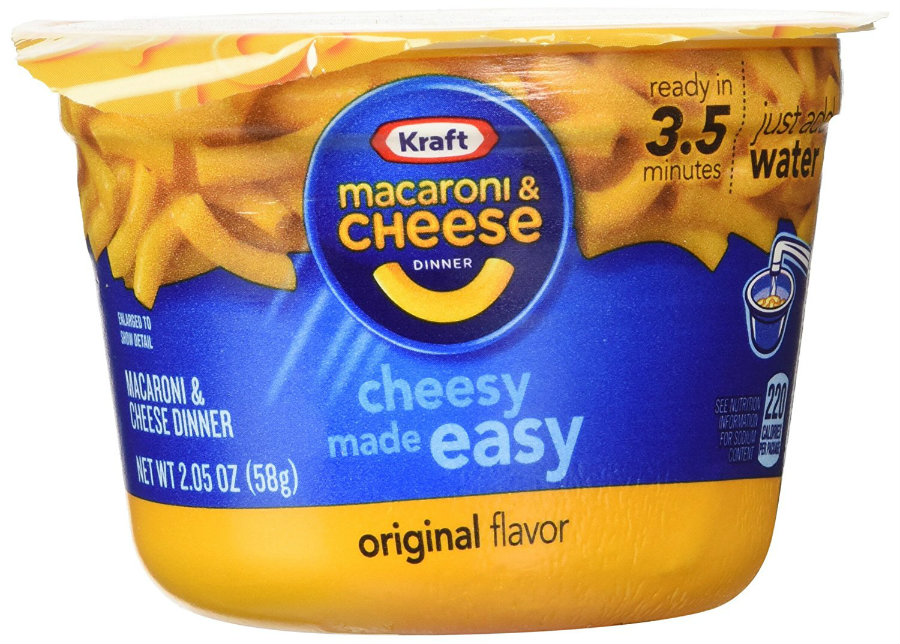Lab testing recently found that boxed mac and cheese contains toxic chemicals. A study published by the Coalition for Safer Food Processing and Packaging found that boxed mac and cheese contains phthalates, toxic chemicals used in plastics, rubber, coatings, adhesives, sealants, printing inks, and some fragrances.
These chemicals can pose serious health threats to pregnant women and children. In fact, phthalates were banned in some children’s toys in the United States.


Phthalates were found in almost every cheese products tested (29 out of 30), and levels of the chemicals were more than four times higher in mac and cheese powder samples, compared to hard blocks or natural cheeses.
Eight out of nine Kraft’s mac and cheese products contain phthalates
The tests revealed that phthalates are included in 10 varieties of macaroni and cheese, including eight out of nine Kraft products of this kind. Studies have shown these chemicals can cause reproductive and thyroid issues, and neurological problems in children and unborn babies.
“Our belief is that it’s in every mac ‘n’ cheese product – you can’t shop your way out of the problem,” Mike Belliveau, researcher and executive director of the Environmental Health Strategy Center, told the Times.
The Coalition for Safer Food Processing and Packaging, which is made up of consumers, scientists, doctors, and health advocates, said it’s a matter for the federal government to regulate and prohibit these chemicals.
The organization even started a campaign to make Kraft get rid of phthalates, and they named it “Klean up Kraft.”
“Parents and their children should not have to wait longer to know that their food does not contain toxic chemicals,” said coalition member Peter Lehner in a statement. “We are asking manufacturers to act now.”
Another member of the coalition, Laura, said that her son was born with a congenital disability called hypospadias with chordee. When the baby turned eight months old, he needed surgery to dismantle and reconstruct his penis. She recalls her son’s traumatizing story and says that phthalates could have been responsible for his condition.
While she stressed she did not knowingly eat Kraft products during her pregnancy, she said if she’d known the possibly damaging effects of phthalates, she would have done her best to avoid the chemicals while she was pregnant.
Phthalates are added to the food by accident during processing and packaging
Thirty cheese products were tested overall, including ten cheese powder, five sliced cheese, and 15 natural cheese samples, and 29 tested positive for phthalates. Some of the brands that had the chemicals were even advertised as organic.
These toxic chemicals aren’t knowingly added into foods, as they are accidental add-ons from contact materials during preparation, processing, and packing. These chemicals can escape from plastic tubing, hoses, conveyors belts, gloves, or seals and they attach to the food.
The organization decided to test cheese products after a 2014 study found that dairy products were the greatest source of dietary exposure to the phthalate DEHP for children and women of reproductive age.
Recently, the European Union banned most phthalates for plastics in contact with fatty foods, including every dairy product.
Source: New York Daily News
